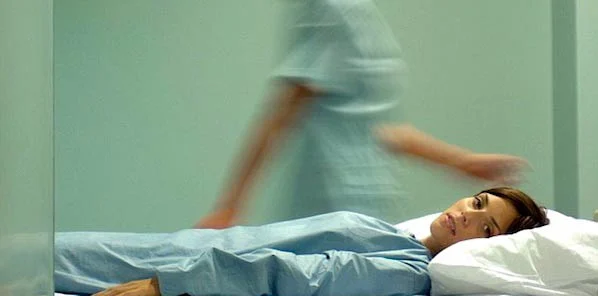A new model of nursing care provides recommendations specific to the needs of young adults undergoing surgical procedures. The Adolescent Perioperative System Stability Model addresses the ways, in which patients between the ages of 18 and 21 deal with anxiety and stress before surgery, that can adversely affect the perioperative experience. Since adolescents have different perceptions of what may be considered stressful, compared to adults and children, the model aims to tailor care to this target population to improve experiences and outcomes.
Privacy and Confidentiality Needs Differ For Adolescents
In an article published in AORN Journal, Janean Carter Monahan, PhD, MS explained that adolescent patients represent a unique group, partially due to the changes associated with puberty. Young adult patients are highly self-conscious as a result of physical, emotional and cognitive developments. These changes lead to heightened needs for confidentiality, privacy and a sense of control, all of which are considered in the new nursing model.
Stage-Specific Interventions Offer Patients A Sense of Control
The Adolescent Perioperative System Stability Model offers nursing interventions for each phase of the surgical experience: preoperative, intraoperative and postoperative.
The new model is based on one that examines a patient’s reaction to stress, known as the Neuman Systems Model. The overall theme focuses on the need for nurses to be nonjudgmental and respectful, and to permit appropriate decision-making by adolescent patients.
The model advises nurses to inform patients prior to surgery about upcoming procedures, such as explaining what happens during the administration of anaesthesia. Anxiety and fear may be reduced if the patient is allowed to become familiar with the environment and any questions are answered in advance.
The intraoperative phase of care involves nurses acting as patient advocates, making any necessary introductions to unfamiliar staff and maintaining a quiet environment. In addition to calming the patient, a low noise level assists the nurse in monitoring for any complications. Young adult patients can regain a sense of control when nurses provide choices during this phase, such as whether or not to accept an offered blanket.
During the postoperative phase, it is important for nurses to continue explaining what the adolescent patient might expect. A timeline of recovery is helpful, with an explanation of any new restrictions on activity and diet. As with the two previous phases, patients should be given choice whenever possible, including asking whether the patient wants to be visited by parents or other guests.
Minimising Stress-Related Complications
The prospect of surgery and the challenges of recovery can be frightening for people of all ages. As many as 80 percent of surgery patients experience anxiety and stress prior to any operative procedures. Since stress is known to reduce the likelihood of a positive perioperative experience, and since different things cause stress for people between the ages of 18 and 21 compared to other age groups, nurses who are guided by the Adolescent Perioperative System Stability Model should be better able to serve the specific needs of late-adolescent patients.
Photo Credit: Google Images / Daily Mail
Latest Articles
Surgery, perioperative care, patient care, adolescent patients, recovery, postoperative care
A new model of nursing care provides recommendations specific to the needs of young adults undergoing surgical procedures. The Adolescent Perioperative Sys...










